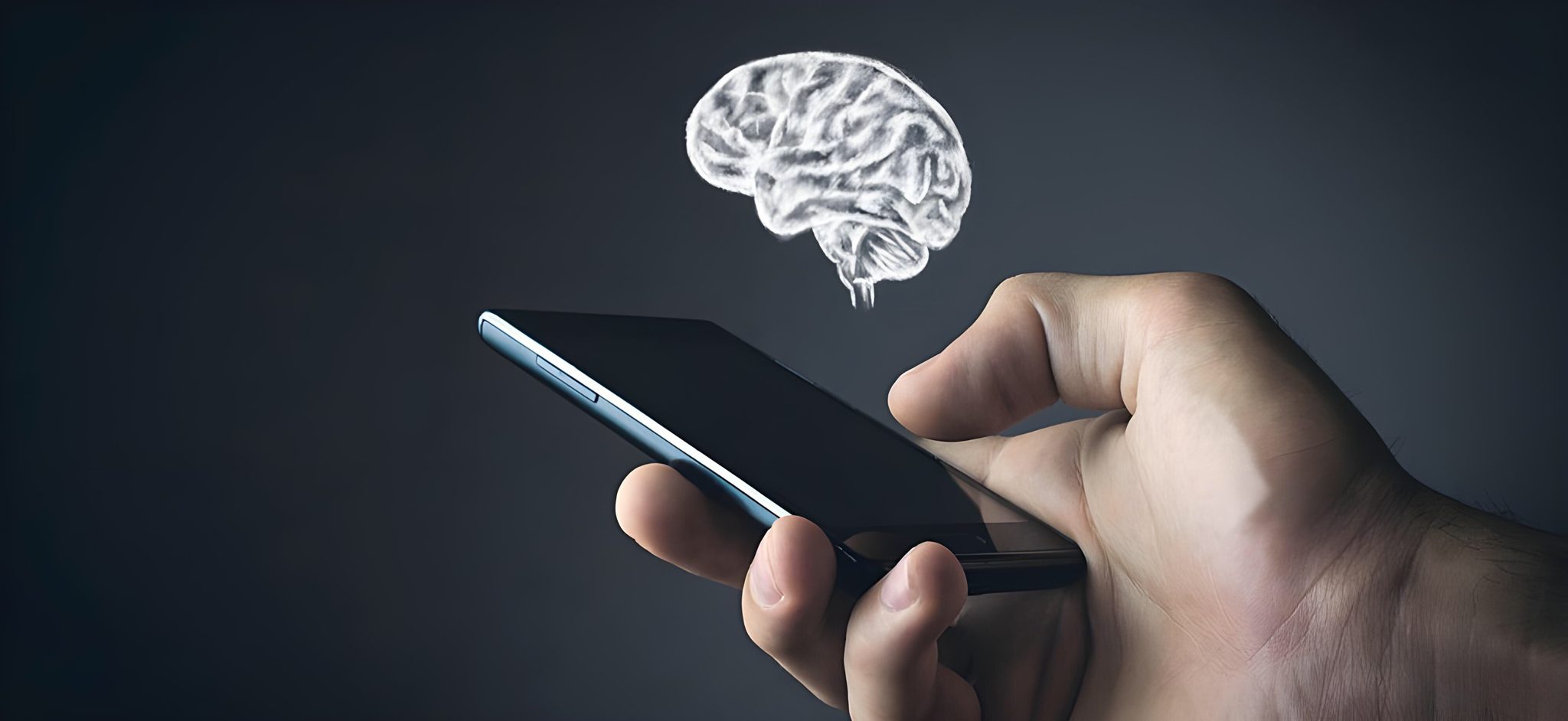Mental health is a pressing concern affecting people from all walks of life, and the MENA region is no exception. The World Health Organization reports that mental health disorders account for 5.5% of the region’s total disease burden, but what’s more alarming is the scarcity of mental health professionals and resources. Is there hope? Absolutely.
Enter the digital age.
With the COVID-19 pandemic triggering a 42% spike in anxiety and depression across the MENA region, innovation in mental health care couldn’t have arrived at a better time. Internet users in the region are projected to soar to 425 million by 2025, opening doors for technological advancements to revolutionize mental health care and bridge existing gaps.
How is this happening?
From wearable devices that monitor mental health signs to teletherapy sessions that extend care to remote areas, technology is putting mental health support within everyone’s reach. Artificial intelligence (AI) offers 24/7 support, and virtual reality creates immersive environments to treat various conditions like PTSD and anxiety disorders.
But the journey has just begun.
It’s not enough to merely introduce technological solutions. They must be accessible, user-friendly, and effective for everyone, regardless of location, financial standing, or language. The goal is to create a more inclusive mental health landscape where equity and access are at the forefront.
Personalized wearable devices, AI-powered tools, and even digital pills that allow remote medication monitoring are some of the innovations on the horizon. These tools can target social determinants of mental health like poverty and social isolation and bring care to those who face barriers due to geography or language.
But let’s be clear: Technology isn’t a magic fix.
Human connection remains the core of mental health treatment, and technology should enhance, not replace face-to-face interactions. In our rush to embrace teletherapy and other digital solutions, we must not lose sight of the irreplaceable value of human support.
The MENA region stands on the brink of a mental health care revolution. Technology is a powerful tool that can bridge the gap, but it’s a means, not an end. We must work thoughtfully and intentionally to leverage these innovations, ensuring they are personalized, accessible, and augment the power of human connection.
The future is bright, the possibilities are endless, and the potential impact is immense. It’s up to us to seize this opportunity and transform mental health care, not just in the MENA region but for millions worldwide. Technology is ready; are we?



